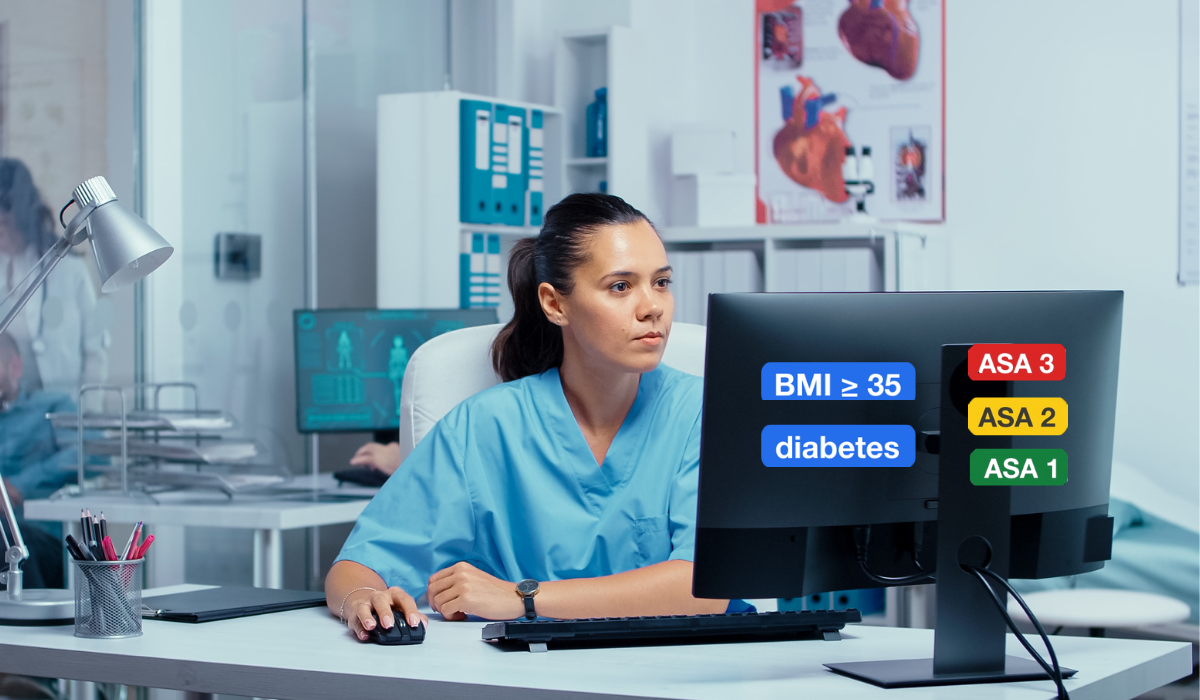Tartu University Hospital, the largest healthcare provider in Estonia, offers its cardiac heart disease patients remote rehabilitation support and services through an innovative pilot project. The project aims to improve remote rehabilitation services for cardiac heart disease patients.
The Sports Medicine and Rehabilitation Clinic's rehabilitation guidance and education for heart disease patients are now digitised and timed through Buddy Healthcare's mobile application. Patient forms and questionnaire collection are also digitised, and patients receive automated reminders on their mobile devices asking them to complete tasks or just reminding them of an appointment. Simultaneously, the clinic's care team remotely monitors the patients' treatment process.
Cardiac heart disease patients can participate in the rehabilitation program mostly remotely
According to Dr. Rein Kuik, the Head of the Sports Medicine and Rehabilitation Clinic, the project is aimed at heart disease patients who need outpatient rehabilitation."The current and traditional rehabilitation process for cardiac heart disease patients requires patients to visit the clinic frequently for nearly three month’s time. With the new ongoing project that offers a digital care pathway, patients can participate in the rehabilitation program mostly remotely." says Dr. Kuik.
He explained that this new remote rehabilitation care process offers patients remote services with some hospital visits for a patient for 12 weeks." We believe that the innovation project will lead to better rehabilitation of patients and improve the availability of the services in general," the head of the clinic added.
How does a patient join the remote rehabilitation program?
In addition to the rehabilitation doctor, physiotherapist, psychologist and nutritionist, the project's treatment team includes a nurse case manager. The nurse case manager contacts the outpatient rehabilitation patients within 1-2 weeks after discharge and offers patients the remote and digital care pathway.
Suppose a patient decides to join a remote rehabilitation program. In that case, the patient receives the required equipment, such as a Polar heart rate meter and a smartphone with Buddy Healthcare's mobile application, allowing the patient to participate in the program remotely. The care team can monitor the patients' activities remotely from their dashboard.
The patient receives timed, automated education while care team monitors progress from their interface.
Patients participating in a remote rehabilitation program have 24/7 access to all care-related materials and rehabilitation videos in the app. The educational materials included in the mobile app inform the patients about their health condition, and its risk factors like smoking and being overweight, and provide insights about topics like mental health, nutrition, physical activity, how to stay on track and the rehabilitation training program. Patients can easily complete the required forms and questionnaires from home or on the go through the app. The app automatically guides and reminds patients about upcoming tasks. The patient is always aware of the next steps in the rehabilitation care pathway or which tasks need to be completed. Patients and care teams can use secure two-way messaging through the platform if there are any questions.
The care team can remotely monitor the patients' rehabilitation progress through Buddy Healthcare’s platform and care pathway management dashboard. According to Svetlana Berjozova, the nurse case manager of the outpatient rehabilitation department, the patient who uses the app is regularly monitored throughout the nearly three-month rehabilitation program. If necessary, the patient is contacted, and information is shared or passed on to other rehabilitation team members.
Feedback from the patients and the need for patient reminders
The program that offers the remote and digital rehabilitation care pathway to cardiac disease patients was launched in mid-May. As of now, the feedback from patients has been very positive. Nearly 85% of the patients who have participated so far have rated their treatment journey as smooth or very smooth, and the patient materials delivered through the app have been very useful.
“Experience has shown us that patients need an additional reminder to manage to remember their tasks and appointments. The information provided when leaving the hospital tends to be forgotten or needs to be repeated" described Svetlana Berjozova. She added that several patients have also been pleased to have a chance to go through the rehabilitation program remotely. "Patients can do supervised workouts whenever and wherever they wish while simultaneously receiving advice, support, and feedback."
Remote rehabilitation increases the availability of the services
The ongoing remote rehabilitation program makes the rehabilitation services available for those patients who have not been able to participate in the program due to work, place of residence, or other reasons, as the program requires patients to visit the clinic 2 to 3 times a week for almost 12 weeks. "This project gives us answers on how to make the current system of rehabilitation treatment for heart patients and the entire treatment journey more efficient for patients, healthcare professionals and the organisation providing healthcare services," said Dr. Rein Kuik, head of the Sports Medicine and Rehabilitation Clinic.
The innovation project is funded by the Development Fund of the Tartu University Hospital. If successful, the introduction of a remote service model for other patients with chronic diseases who need continuous and long-term rehabilitation treatment can be considered.
This story is mainly based on Tartu University Hospital’s press release, available here in Estonian.



